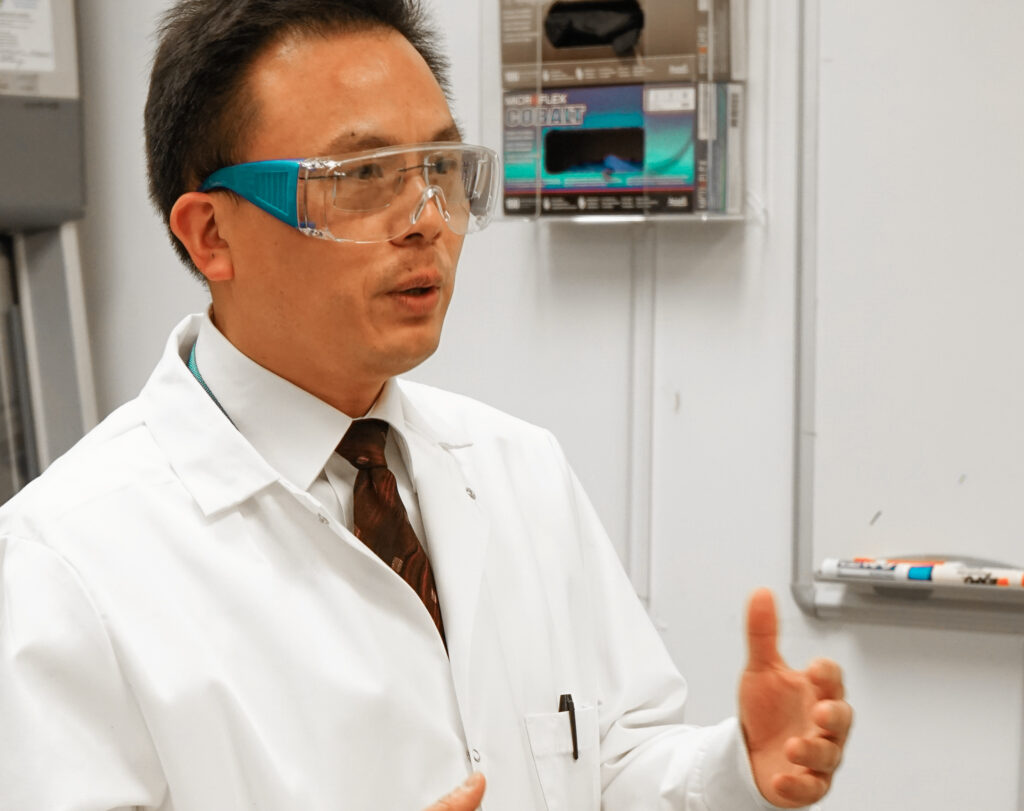What is Antimicrobial Efficacy?
What Are Microbes or Microorganisms?
To begin with an understanding of “Antimicrobial efficacy”, start by identifying what microbes or microorganisms are: a category of life forms so tiny that they cannot be seen by the naked eye unless aided by a microscope. For example, bacteria, protozoa, fungi, spores, and viruses fall within this the larger category and are considered microbes. While some microbes are essential to normal life, such as the bacteria that naturally occur to aid the functions of the human stomach, other microbes are pathogenic and may cause diseases that harmfully effect human health. How then can the spread of these infectious pathogens be controlled?
Relationship Between Microbes and Antimicrobial
The word “antimicrobial” describes anything with the ability to reduce or stop the growth of microbes. In daily life, consumers regularly encounter products, many of which are made of chemicals, that fall into the larger category of “antimicrobials”. These products range from soaps to household cleaners, like bleach, to hand sanitizers and even medical antiseptics, like rubbing alcohol. Depending on their purpose and proper usage, they help counteract the growth of microbes on inanimate surfaces or the skin. Antimicrobials may be something other than chemicals as well. UV light, such from the sun or electrical sources, can offer antimicrobial properties that negatively affect the growth of microbes when they are subjected to it.
Simply put, antimicrobial products have the power, or “efficacy”, to defend against microbes by damaging them at the cellular level, which hurts their ability to reproduce in the environment. A specific field of science takes this understanding of “efficacy” even a step further: not only may antimicrobials show effects against the development of microbes, but the extent of these effects can be scientifically measured and compared through established testing procedures.
Degree of Efficacy
An understanding and scientific proof of the comparative efficacy of antimicrobials informs decisions about which antimicrobials are best suited for what purposes. Antimicrobials selected for hospital grade use are commonly expected to have had their efficacy proven as adequate to target the toughest microbes known to cause healthcare acquired infections (HAI’s). Meanwhile the efficacy of other antimicrobials may have been measured and identified to safely and specifically inhibit microbes found in food production and preparation areas. Therefore the production, validation, and selection of antimicrobials for use in the various areas of human life makes for a sensitive process supported by scientific inquiry and measurable results.
Browse the many Antimicrobial Efficacy Services Microbac offers.
